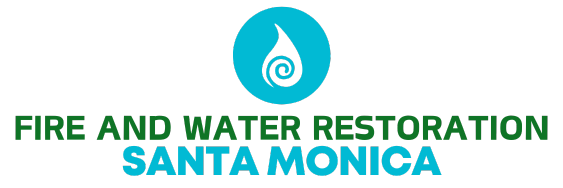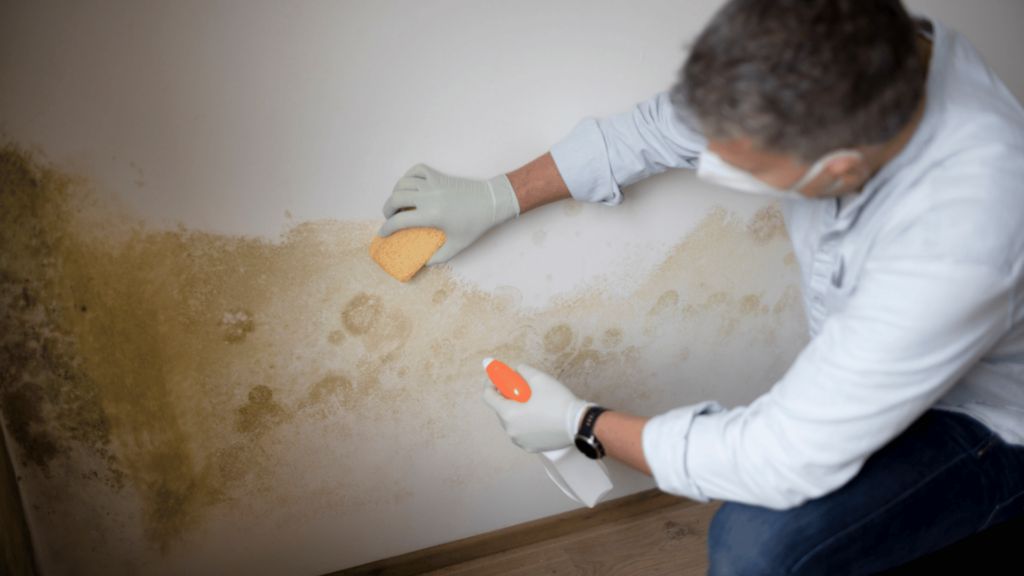After fire or water damage, the confusion might be too much to handle, causing rash decisions that raise expenses and delay rehabilitation. Even though there is a great desire to get back to normal, avoiding these typical traps is essential for a safer and more seamless rehabilitation.
The Do-It-Yourself Delusion: Underestimating Unspoken Dangers
The temptation to self-repair is understandable, but often misguided. Hidden water damage fosters mold and structural decay, while fire leaves behind toxic residues.
The Danger: DIY attempts overlook crucial underlying issues, leading to escalated problems and health risks.
The Remedy: Prioritize professional restoration. Certified experts conduct thorough assessments and implement effective remediation.
The Documentation Deficit: Compromising Your Insurance Claim
Insurance claims rely on meticulous records. Missing photos, inventories, and communication logs can severely impact compensation.
The Danger: Incomplete documentation results in claim disputes, reduced payouts, and added financial stress.
The Remedy: Meticulously document everything before cleanup: photos, videos, inventories, and communication with insurers.
The Rushed Dry-Out: Cultivating Mold and Decay
Speeding up the drying process after water damage is a significant error. Residual moisture fuels mold growth and structural decay.
The Danger: Premature drying creates a breeding ground for mold and compromises structural integrity.
The Remedy: Utilize professional drying equipment, like dehumidifiers and air movers, for thorough moisture removal.
The Hidden Damage Hazard: Ignoring Invisible Threats
Damage often extends beyond the visible. Water seeps into walls, and smoke permeates every surface. Ignoring these threats leads to long-term issues.
The Danger: Overlooking hidden damage results in undetected mold, structural instability, and lingering contaminants.
The Remedy: Engage professionals for comprehensive inspections, utilizing tools to detect hidden moisture and smoke.
The Improper Cleaning Catastrophe: Spreading Contamination Further
Using the wrong cleaning products or techniques exacerbates the problem. Water can smear soot, and household cleaners can spread contaminants.
The Danger: Incorrect cleaning methods spread contaminants and damage surfaces further.
The Remedy: Rely on professional cleaning protocols, utilizing specialized products and techniques.
The Safety Neglect: Endangering Your Well-being
Re-entering a damaged property without proper safety precautions is dangerous. Structural instability, electrical hazards, and contaminated materials pose significant risks.
The Danger: Ignoring safety protocols leads to injuries and exposure to hazardous materials.
The Remedy: Prioritize safety by wearing protective gear and adhering to professional guidelines.
The Premature Settlement Trap: Accepting Inadequate Compensation
Insurance companies may offer quick settlements, but hasty acceptance can leave you undercompensated for the true cost of repairs.
The Danger: Settling too quickly results in insufficient funds for complete restoration.
The Remedy: Carefully review your policy and negotiate for fair compensation. Consider engaging a public adjuster.
The Emotional Neglect: Ignoring the Human Toll
The emotional toll of damage is often overlooked. Neglecting mental health hinders recovery and impedes sound decision-making.
The Danger: Ignoring emotional distress leads to anxiety, depression, and impaired decision-making.
The Remedy: Prioritize emotional well-being by seeking support from family, friends, or mental health professionals.
Avoiding these typical mistakes will speed up the recovery process, safeguard your investment, and bring back your peace of mind. Handling the aftermath of fire or water damage calls for careful thought and expert advice.

